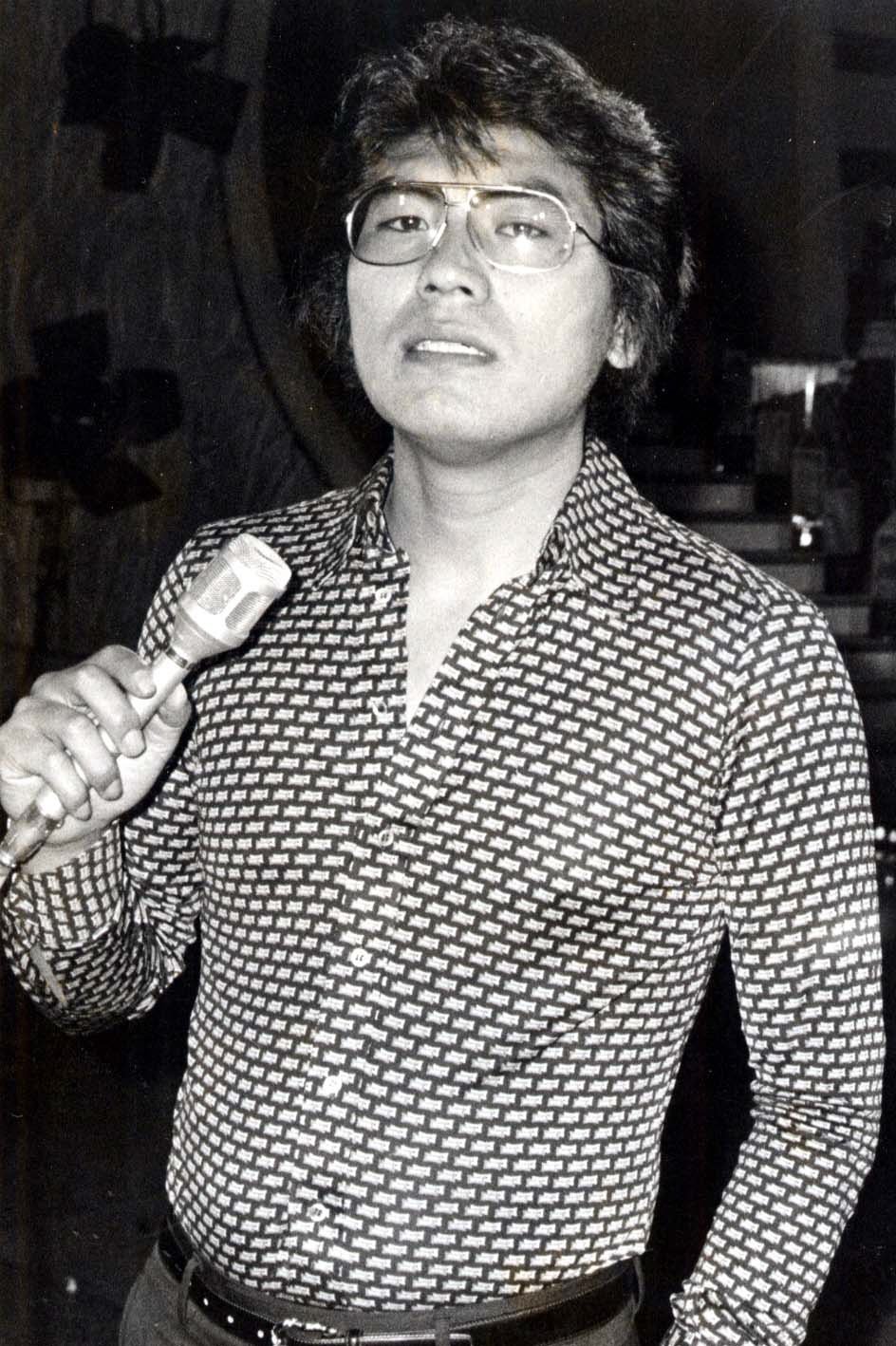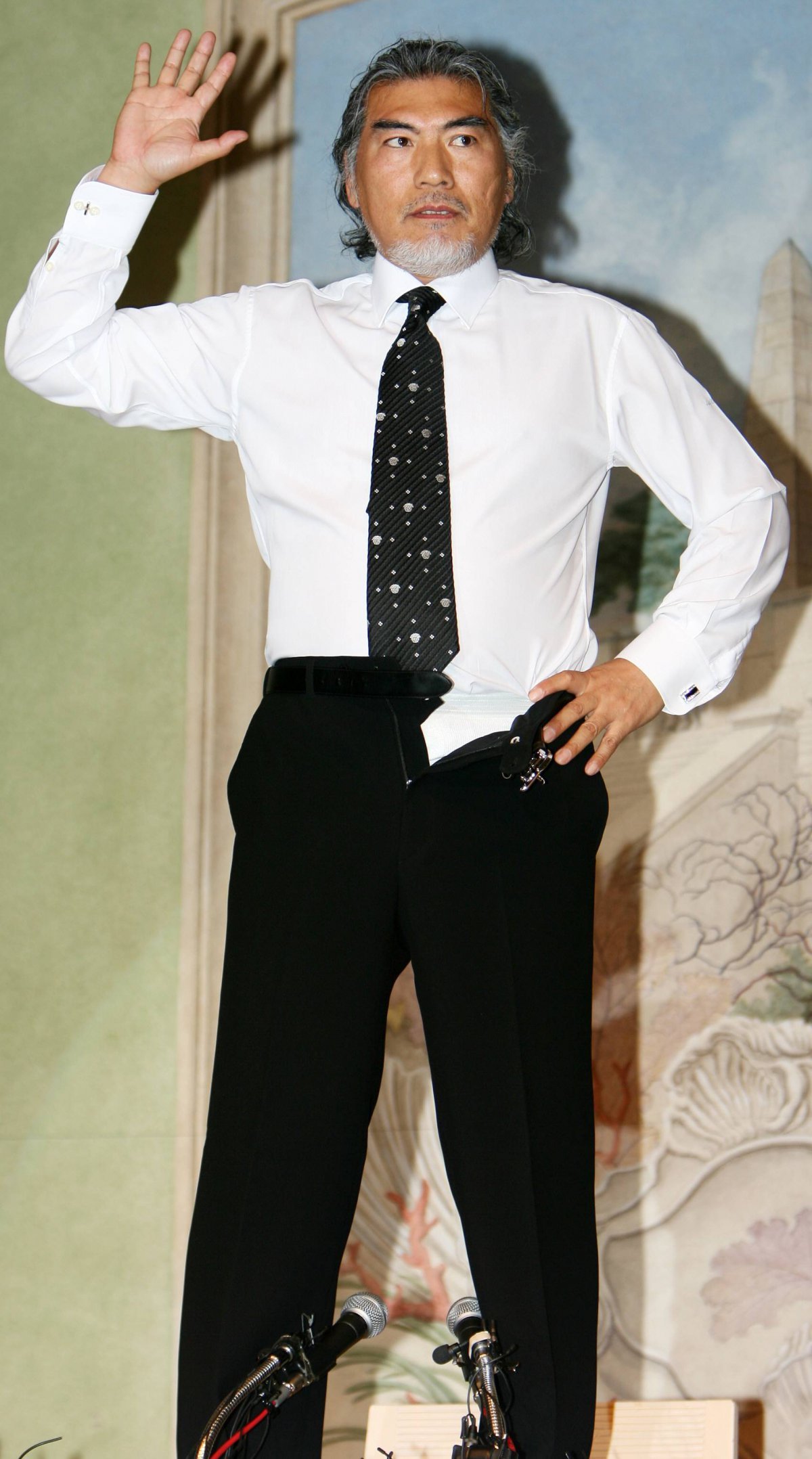How did Na Hoon-a become a ‘Gahwang’?

Sports Donga DB
The reason he is the only ‘Emperor’ among Korean pop singers is not only because of his 800 or so self-composed songs and his incredible number of hit songs, over 120. Na Hoon-a was a ‘Singer of this era’ who stood up against the darkness and irrationality of the world and consoled the sorrow of countless common people who had to leave their hometowns with his songs.
Having made his official debut in 1967, he emerged as a superstar who dominated the 1970s, forming two major mountain ranges with Nam Jin. His strong charisma, unique ‘Break singing method’, which has become the basic formula for traditional Korean songs today, and his true colors as an artist who not only wrote lyrics and composed music but also directed the stages, instantly captured the hearts of the public.

Sports Donga DB
At his retirement concert ‘2024 Thank You - Last Concert’ held at the KSPO Dome in Olympic Park, Songpa-gu, Seoul from the 10th to the 12th, Na Hoon-a expressed his pride as a singer-songwriter by saying, “I am the singer with the most hit songs in our country. I am also the singer who has made the most hits with his own songs.”

In 2008, singer Na Hoon-a held a press conference regarding the rumors and loosened his belt, saying he would reveal everything. Sports Donga DB
He also served as a catalyst for younger singers to find their ‘voice.” Critic Kim cited the 2008 press conference as an example and pointed out, “After Na Hoon-a’s case, the foundation for legal action for defamation was laid throughout the entertainment industry.”
At the time, when rumors spread that Na Hoon-a had an altercation with the Japanese yakuza and had his vital organs cut off, he became a hot topic by going up on stage, pulling down his pants, and saying, “I‘ll show you for 5 minutes.”

Photo courtesy of Yeara Yesori
Pop music critic Im Jin-mo emphasized, “Na Hoon-a is a singer who built a huge system of comfort in the era of diaspora (immigrant group) caused by the conflict between the South and the North and industrialization through songs about his hometown such as ‘Far-off Hometown’, ‘The Watermill Turns’, and ‘Hometown Station’.”
Critic Im also said, “Not only that, but through new songs like ‘Teshyung!’, he has made his presence felt even among those in their 10s and 20s, becoming an absolute singer that spans generations,” and pointed out that “the power of uniting generations is the key to Na Hoon-a’s popularity.”
Reporter Yoo Ji-hye yjh0304@donga.com

